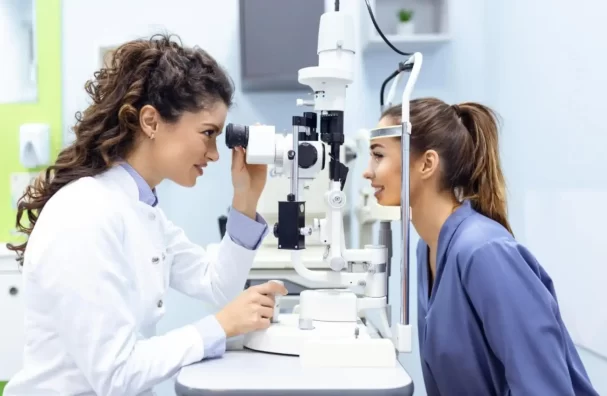
Our eyes not only allow us to perceive the world around us but can also provide indicators of our overall health. Certain conditions, such as hypertension or diabetes, can often be detected through an eye examination. Furthermore, diseases like glaucoma can remain asymptomatic in the initial stages, making regular eye exams essential for early detection and treatment.
Ophthalmologists are medical specialists trained in both the medical and surgical management of eye diseases. Their extensive training includes four years of medical school followed by a four-year ophthalmology residency. They often work in tandem with optometrists and opticians as part of an eye care team.
The world of eye care can be confusing, especially with the similar sounding titles of the professionals involved. In contrast to ophthalmologists, optometrists complete a four-year optometry school post-college and are qualified to conduct eye examinations, prescribe corrective lenses, and treat certain eye conditions. If your eye condition requires surgery, like cataracts, or if you have a complex eye disease, such as intraocular inflammation, an ophthalmologist is required. Opticians, on the other hand, specialize in the creation and fitting of eyeglasses but do not treat eye diseases.
The frequency of eye exams varies depending on factors such as age, family history, and pre-existing vision issues. Typically, your healthcare provider might suggest an eye examination every one to two years. An eye examination involves measuring your vision and inspecting your eyes from front to back, often necessitating the use of drops to dilate your pupils. The entire process can take two to three hours for a new patient, with follow-up appointments generally being shorter.
Protecting your eyes from potential harm, controlling blood pressure and blood sugar, and maintaining a diet rich in healthy fats and leafy vegetables are some ways to support eye health. Regular use of sunglasses can help reduce the risk of sun damage to your eyes. Additionally, refraining from smoking is crucial as it is associated with several severe eye diseases, such as macular degeneration.
Your eyes are a critical part of your overall health, and ensuring their care is in capable hands is essential. Regular eye exams can help detect diseases in their early stages, allowing for timely treatment. Your eye health is a lifetime commitment, and understanding the role of eye care professionals in maintaining it is the first step towards better eye health.
Kathryn A. Colby, MD, Ph.D., is the Elisabeth J. Cohen, M.D., Professor and Chair of the Department of Ophthalmology at NYU Grossman School of Medicine. She is renowned for her leadership in the field and her research into a crucial eye condition known as Fuchs dystrophy.
